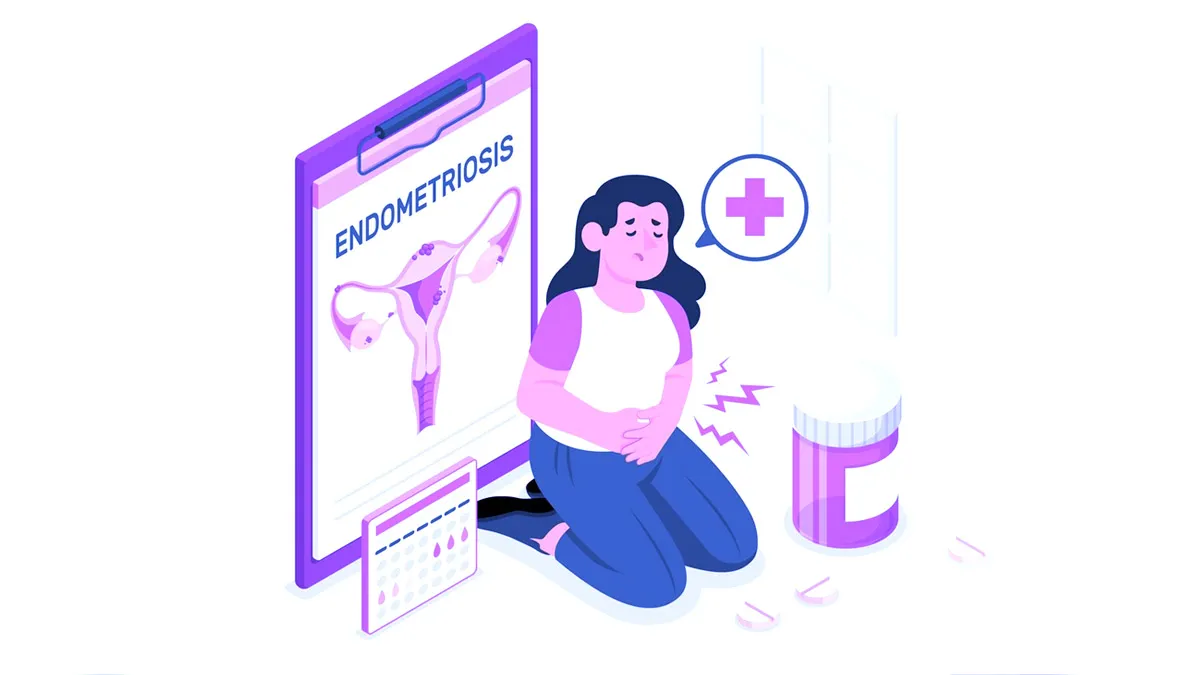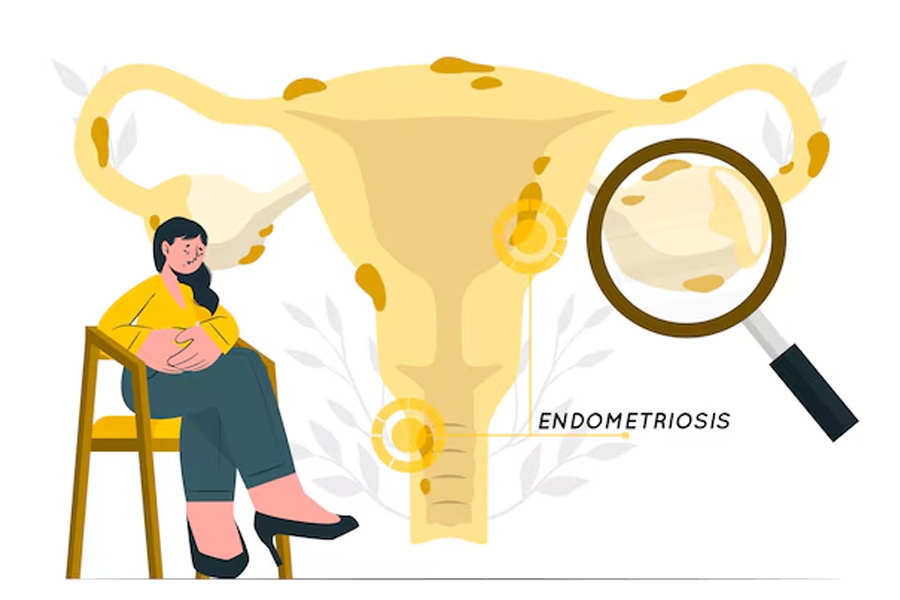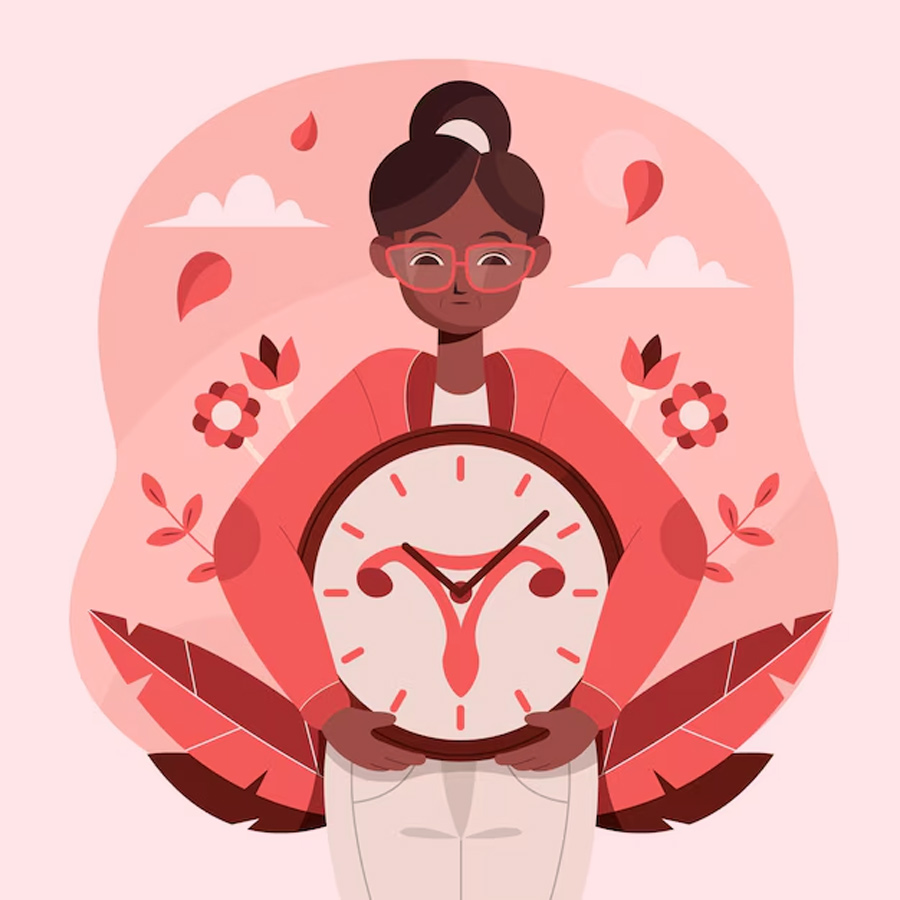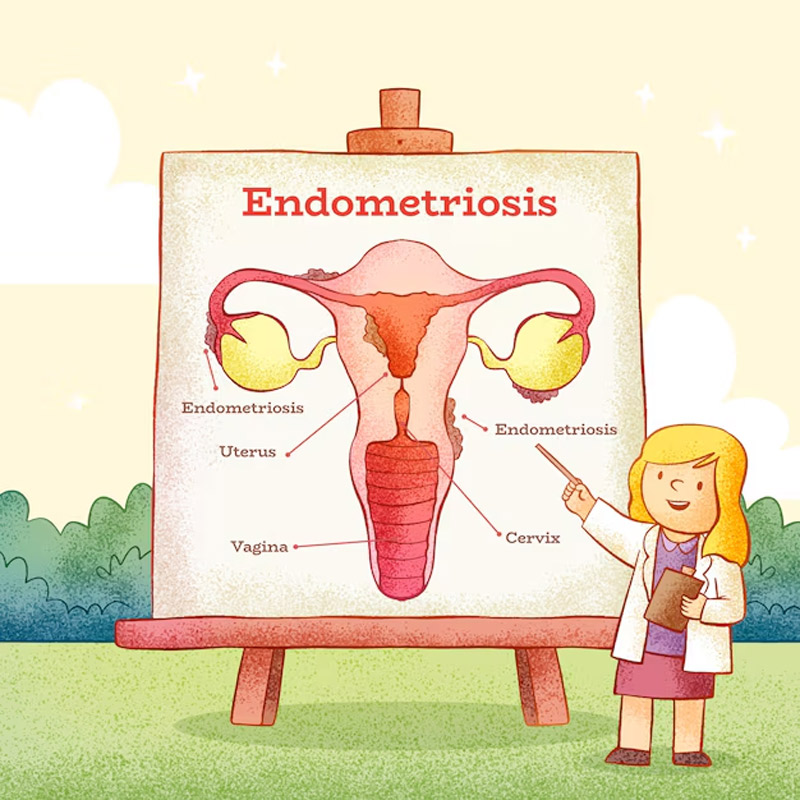
Endometriosis is a chronic condition that affects millions of women in India and across the world. Observed on March 28, 2025, World Endometriosis Day serves as a reminder to spread awareness about this chronic condition. We spoke to Dr Shilpa Singhal, Gynaecologist and Infertility Specialist, Birla Fertility and IVF, Dwarka to understand about the causes, symptoms, and treatment of this condition.
Dr Shilpa said, “Endometriosis is a chronic inflammatory condition caused due to abnormal appearance of the uterine lining, also known as endometrium, in other places outside the uterus such as around the fallopian tubes, ovaries, urinary bladder or gut areas. This causes cyclical changes in these endometriotic deposits due to hormonal changes in the body.”

According to Dr Shilpa some of the most common symptoms of endometriosis are painful periods, painful intercourse and painful defecation. However, symptoms may vary for different people. Most patients have milder versions of the disease. We have also observed that in almost 10% of all females and almost 30% of infertile women, endometriosis at times can be completely asymptomatic. In such cases, it is diagnosed by a pelvic ultrasound showing an endometriotic cyst in the ovary or through a laparoscopic procedure on the pelvis.
Dr Shilpa mentioned that the exact cause of Endometriosis continues to be unknown. The disease is associated with multiple risk factors like family history, abnormalities around menstruation and uterus, or having body mass index. However, it has been observed that endometriosis is more common in women with high oestrogen levels.

Don't Miss: Endometriosis Awareness Month: Can The Painful Condition Impact Your Eating Habits? Expert Reveals The Truth
Dr Shilpa said, since the exact cause of the disease is still unknown, prevention becomes tricky except maintaining a healthy diet lifestyle can potentially reduce the risk. However, once an individual encounters symptoms like painful periods, painful intercourse or any painful episode coinciding with the menstrual cycle, it is recommended to consult a doctor for proper diagnosis.

According to Dr Shilpa, detailed understanding and knowledge can help the woman plan and prioritise family planning and opt for services like embryo or oocyte freezing to ensure biological children later in life. Furthermore, in case of severe pain or a large endometriotic cyst, surgery may be required to treat the same. However, the chances of recurrence even after surgery continue to be high.
Don't Miss: Is Endometriosis Genetic? Health Specialist Reveals Key Contributing Factors
For more such stories, stay tuned to HerZindagi.
Image Courtesy: Freepik
Also watch this video
Herzindagi video
Our aim is to provide accurate, safe and expert verified information through our articles and social media handles. The remedies, advice and tips mentioned here are for general information only. Please consult your expert before trying any kind of health, beauty, life hacks or astrology related tips. For any feedback or complaint, contact us at [email protected].